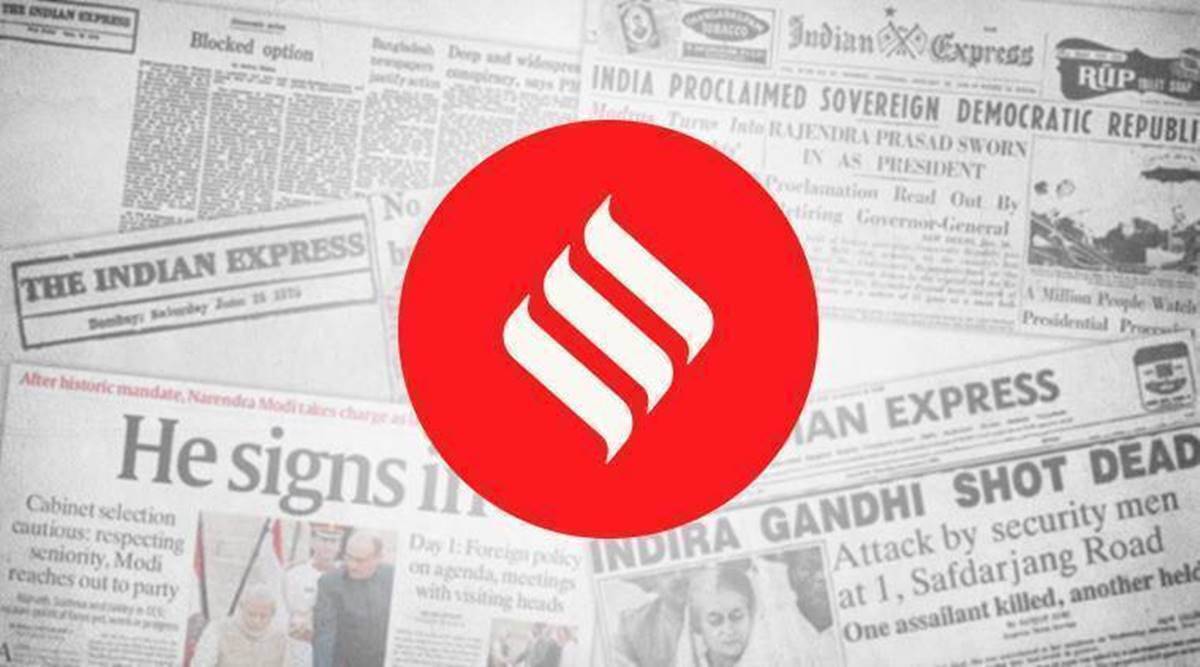 The tax demand was slapped in 2015, provoking comparisons with the infamous Vodafone case, which also involved a retrospective levy.
The tax demand was slapped in 2015, provoking comparisons with the infamous Vodafone case, which also involved a retrospective levy. The filing of a lawsuit in a US court by Cairn Energy, seeking to attach Air India’s overseas assets to enforce an arbitration award in a tax dispute with the Indian government, has unfortunate implications. It is not just that it could set back plans for the privatisation of the national carrier. More disturbing is the signal that it sends out — of a government making a retrospective tax demand of Rs 10,247 crore on alleged capital gains by the British oil firm, and unwilling to concede even after the Permanent Court of Arbitration (PCA) at The Hague ruling in the latter’s favour. The tax demand relates to a transaction way back in 2007, when Cairn Energy had transferred its oil assets in India to a company that was independently incorporated in the country and got listed in its bourses. While Cairn Energy termed the transaction as part of an internal reorganisation process, the Indian tax authorities claimed that it had resulted in capital gains for the British parent. The tax demand was slapped in 2015, provoking comparisons with the infamous Vodafone case, which also involved a retrospective levy.
What is particularly unfortunate in the Cairn Energy case is that no out-of-court settlement seems to have been attempted. The PCA ruling, overturning the tax demand and ordering the Indian government to pay damages worth $1.2 billion plus interest dues to the UK-based form, came in December 2020. The Narendra Modi government filed an appeal against the tribunal’s verdict in March, apparently asserting its sovereign right of taxation that went beyond the jurisdiction of international arbitration. Now, with Cairn Energy ratcheting up pressure on New Delhi to honour the arbitration award by identifying Indian assets abroad that can be seized — be it that of Air India or cash held by public sector banks — matters have got messy. Even worse is the timing — when the ill-preparedness and poor handling of the pandemic’s second wave has already sullied the country’s image and led to the trimming of GDP growth projections by leading brokerages and agencies. More than the amounts involved, it is the larger perception — of a government unwilling to bury the Vodafone ghost and even going against global arbitration decisions — that should be cause for concern.
The Modi government needs to ask itself a simple question: Is it worth pressing a tax claim of Rs 10,247 crore on a 14-year-old transaction? Even if valid, why was this demand raised retrospectively during its tenure in 2015 — that too, after the previous government was panned for unleashing “tax terrorism”? There is a Vivad Se Vishwas scheme for dispute resolution and reducing pending litigation with respect to direct taxes. The same mechanism can well be used to settle, once and for all, not just with Cairn Energy, but all Vodafone-like cases.
- The Indian Express website has been rated GREEN for its credibility and trustworthiness by Newsguard, a global service that rates news sources for their journalistic standards.

